‘Europe is persecuting Christians’
Paul Coleman on the ‘progressive’ blasphemy laws smothering free speech across Europe.

Want unlimited, ad-free access? Become a spiked supporter.
Free speech is under serious attack all across Europe. To criticise the sacred cows of the progressive worldview – from transgenderism to immigration and even Islam – is to invite a knock on the door from the thoughtpolice. The recent, harrowing trial of a Finnish parliamentarian reveals how it is often Christians who find themselves in the firing line. Päivi Räsänen has spent the past six years fighting a ‘hate speech’ prosecution, simply for quoting passages from the Bible and defending traditional marriage.
Paul Coleman – executive director of Alliance Defending Freedom (ADF) International – joined Brendan O’Neill on his podcast, The Brendan O’Neill Show, to discuss Räsänen’s case as well as the broader assault on free expression in Europe. What follows is an edited version of that conversation. You can watch the whole thing here.
Brendan O’Neill: Tell us about the case of Finnish MP Päivi Räsänen. Why is it so important to the cause of free speech?
Paul Coleman: It’s always hard for me to convince people that this case really happened as it did. They say ‘come on, Paul, there must be something more to it’, because it really does sound so far-fetched.
Päivi Räsänen is Finland’s former minister of interior, the equivalent of the British home secretary. She’s the longest serving female member of parliament. Things took a turn for her in 2019, when the Lutheran Church in Finland became an official sponsor of the Helsinki Pride parade. As a member of the church (and wife of a pastor), Päivi was highly critical of the decision, and considered it to be out of line with her understanding of the Bible. For saying as much, she was investigated by the police.
The police dug up almost three decades worth of material. They found a booklet that she wrote in 2004 – a little church pamphlet on the Christian view of marriage and sexuality – as well as one minute of an hour-long radio debate she once took part in. They used these to file three criminal charges against her for hate speech. The bishop who published her pamphlet in 2004 was also charged. One of the most significant things to note here is that the law Päivi was being charged under didn’t even exist until 2011 – she was essentially prosecuted back in time.
What they put her through was, essentially, a modern-day heresy trial. I sat there in court while a prosecutor asked an MP and a bishop about their interpretations of the Bible. We won a unanimous victory for Päivi in a district court back in 2022. But in Finland, a prosecutor can appeal not-guilty verdicts, and that’s what happened in this case. So it went to the Court of Appeal in 2023, where we won another unanimous victory. The prosecutor then filed an appeal to the Supreme Court of Finland, which is, at the time we’re speaking, where the case currently sits.
In total, it has been a six-and-a-half year process, involving 13 hours of police interrogation, 12 judges, four criminal charges and three courts. In hate-speech cases, the process is the punishment – and that’s exactly what Päivi’s case exemplifies.
O’Neill: After two unanimous victories, why won’t the prosecution simply drop the case?
Coleman: Across Europe, hate-speech laws are upheld by going after very high profile people as a deliberate strategy. It is a way to warn everyone else that this could happen to them, too. The amount of speech that is produced each day, especially in the digital age, is clearly ungovernable – no matter how big our state becomes, or how zealously it pursues censorship. The answer to that, therefore, is to make an example out of public figures every once in a while. It encourages self-censorship. The average person doesn’t want the police knocking at their door for things they’ve tweeted, so they think, ‘I’d better just shut up’.
O’Neill: How risky is it to be a traditional Christian in 21st-century Europe?
Coleman: We have seen similar cases cropping up all over Europe, from Germany and Spain to the Balkans. Many don’t necessarily go all the way to the Supreme Court of their respective countries, but the facts of the cases are often interchangeable. They often come about when Christians hold to some of the moral teachings of the Bible that are out of step with 21st-century Europe, or what those in power consider to be acceptable. It usually comes down to three issues: human sexuality, unborn life and Islam. If you’re a Christian and you want to speak about these three things, then you run the risk of the state coming crashing down on you.
O’Neill: Do you think there’s a two-tier approach to religious people in Europe when it comes to hate speech?
Coleman: You are in complete denial if you don’t accept there is at least some form of two-tier policing taking place in the UK. There are just too many examples at this point to try and pretend otherwise. It’s really down to the vagueness of the laws, which allow for arbitrary enforcement. When you have so much discretionary power given to the state and the police, they begin choosing to clamp down on some things and while letting others go.
Ostensibly, the police are trying to maintain public order. It is not that Christians are going out of their way to provoke inter-religious disputes. It’s just that both Christianity and Islam – all monotheistic religions, in fact – have a claim to exclusivity in regard to their beliefs. Neither religion accepts that they can both be correct. What it really comes down to for Christians is that the fundamental claim of Christianity, as spoken by Jesus, is ‘I am the way and the truth and the life. No one comes to the Father except through me.’ That’s an exclusive claim. And it’s an offensive claim to non-Christians. The way the law reacts to that is to avoid public disorder by preventing Christians, particularly street preachers, from saying things that others might be provoked by. In legal terms, it’s like a heckler’s veto – the idea that because other people might react strongly to what you say, you ought to be censored.
O’Neill: You defend both the rights of religious people to express their views, as well as the right of secular people to mock them. How do you feel about increasing talk of ‘Islamophobia’?
Coleman: There’s been a movement at the United Nations for over 15 years for a ban on ‘defamation of religion’. It was essentially a repackaging of blasphemy laws, and was blocked by countries like the US, and – at the time – other Western nations. But from the ashes, new attempts were made to institutionalise censorship on religion. One such attempt is this idea of ‘Islamophobia’.
We have a case in the Nigerian Supreme Court right now, involving a Sufi Muslim musician called Yahaya Sheriff-Aminu who is on death row for blasphemy for a private WhatsApp message containing some song lyrics about Muhammad. If the prosecutor is successful, Sheriff-Aminu will be hanged. This is Nigeria in 2025. And so we have very clear modern day examples of how these blasphemy laws play out. Of course, everyone will say that this is never going to happen here in Europe. Well, it’s not going to happen here tomorrow. But that’s the direction of travel. The idea that insulting religion is so inherently offensive that it is punishable by law is exceptionally dangerous.
Brendan O’Neill was talking to Paul Coleman. Watch the full conversation here:
You’ve hit your monthly free article limit.
Support spiked and get unlimited access.
Support spiked and get unlimited access
spiked is funded by readers like you. Only 0.1% of regular readers currently support us. If just 1% did, we could grow our team and step up the fight for free speech and democracy.
Become a spiked supporter and enjoy unlimited, ad-free access, bonus content and exclusive events – while helping to keep independent journalism alive.
Monthly support makes the biggest difference. Thank you.

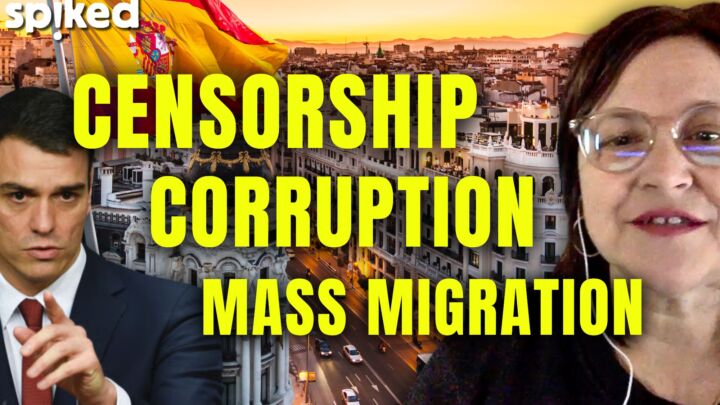
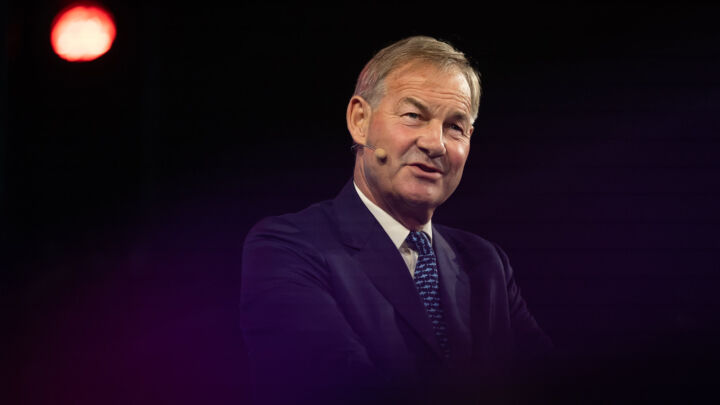
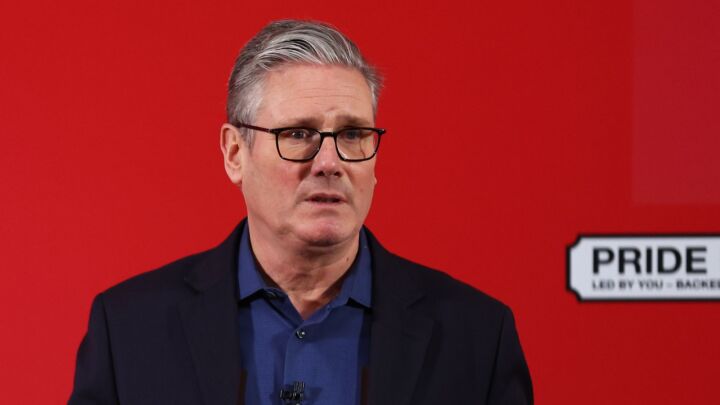
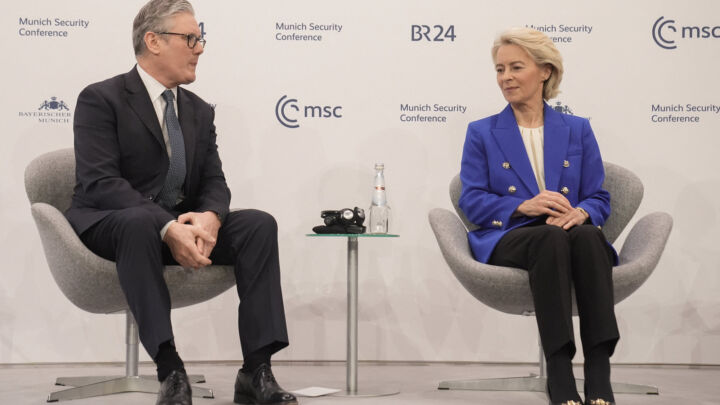
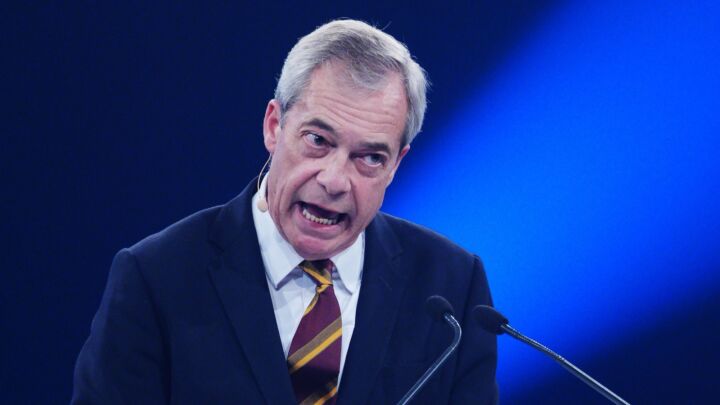


Comments
Want to join the conversation?
Only spiked supporters and patrons, who donate regularly to us, can comment on our articles.